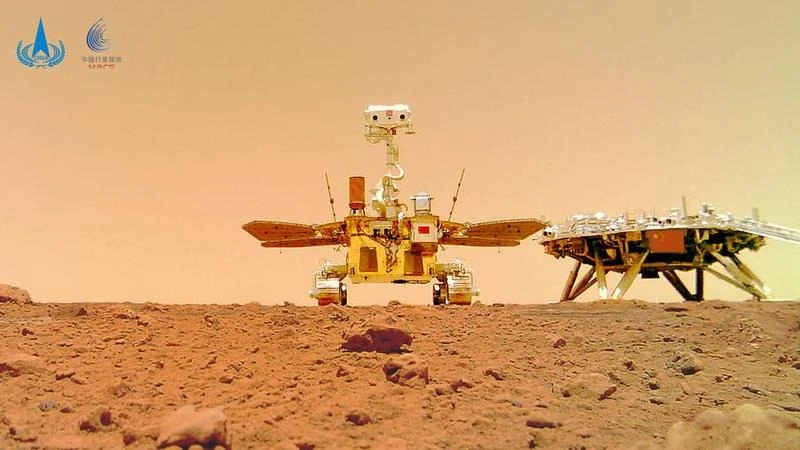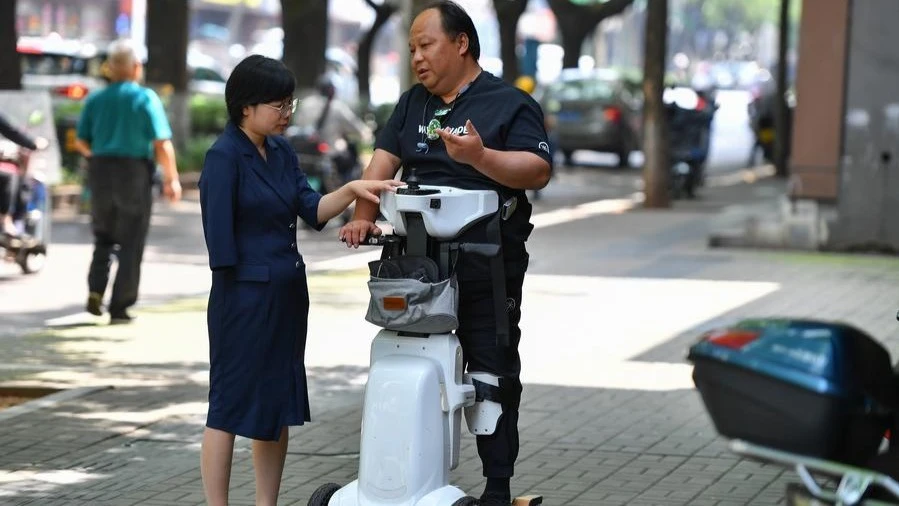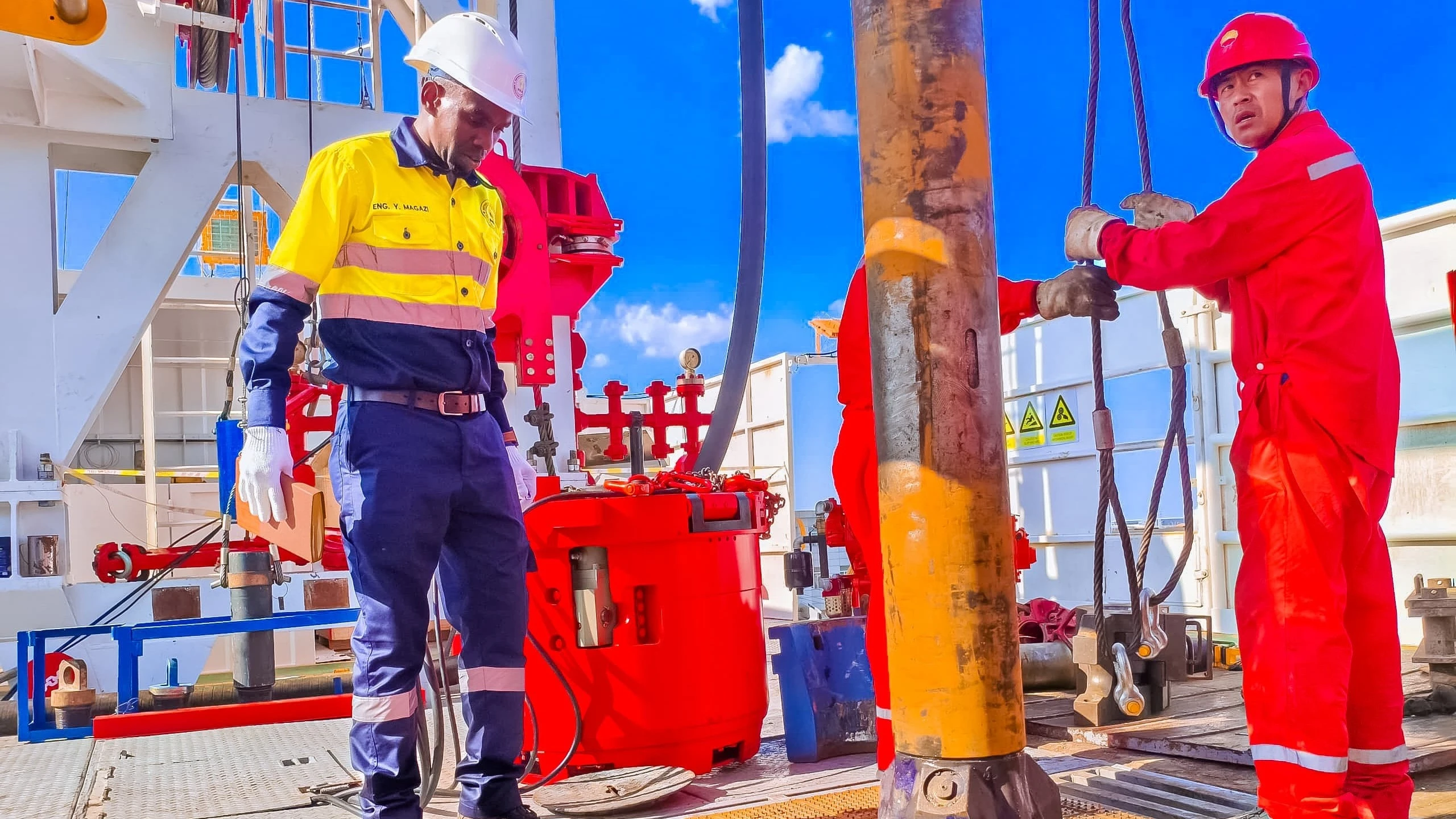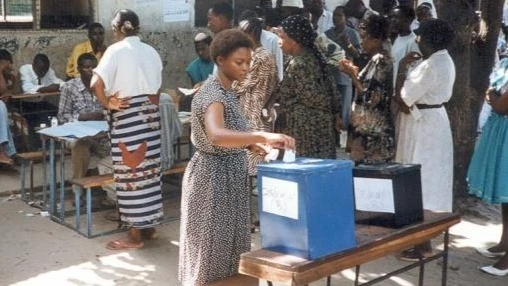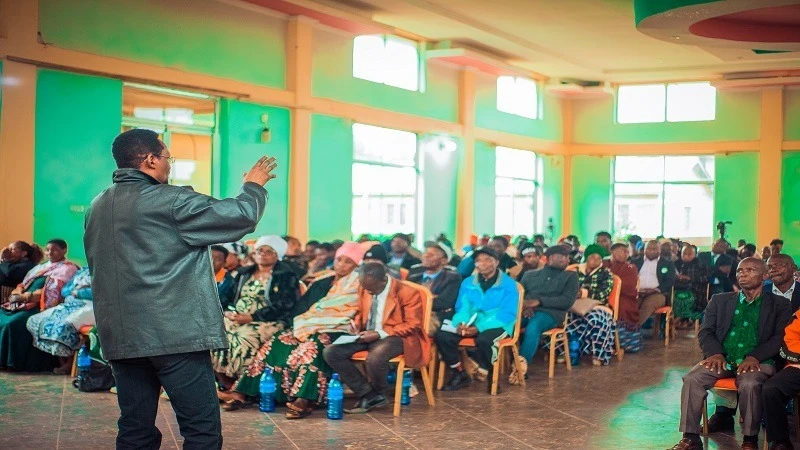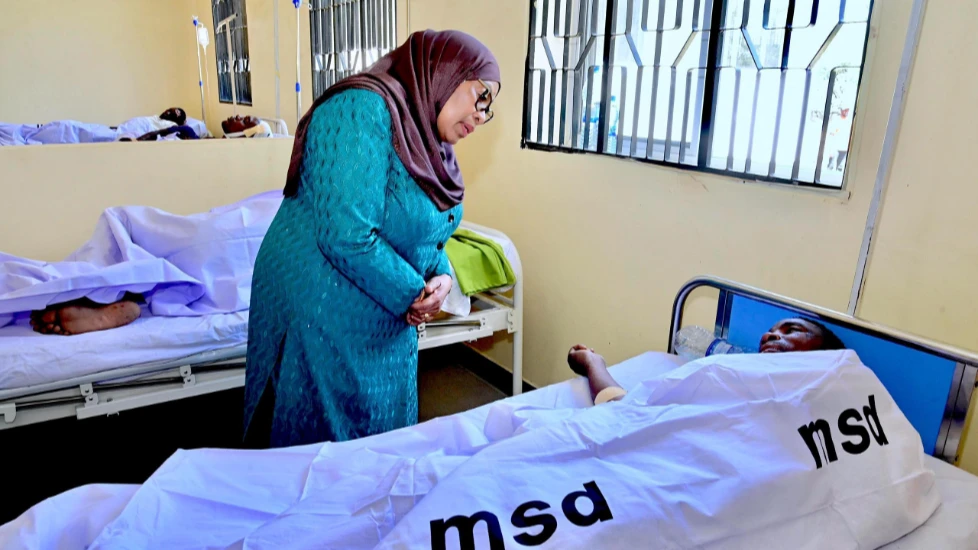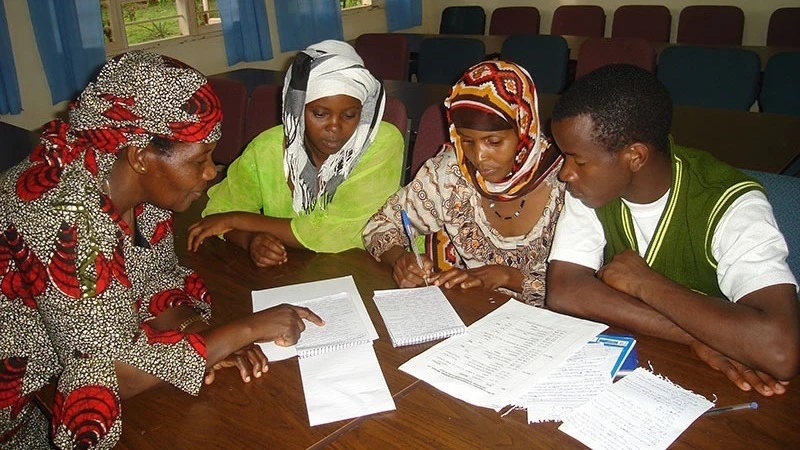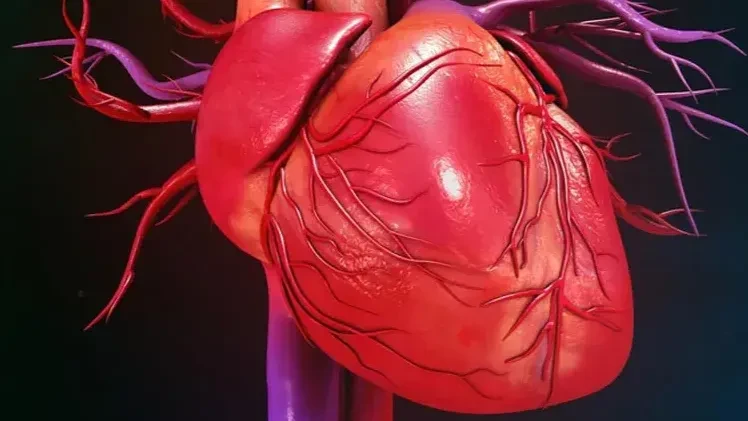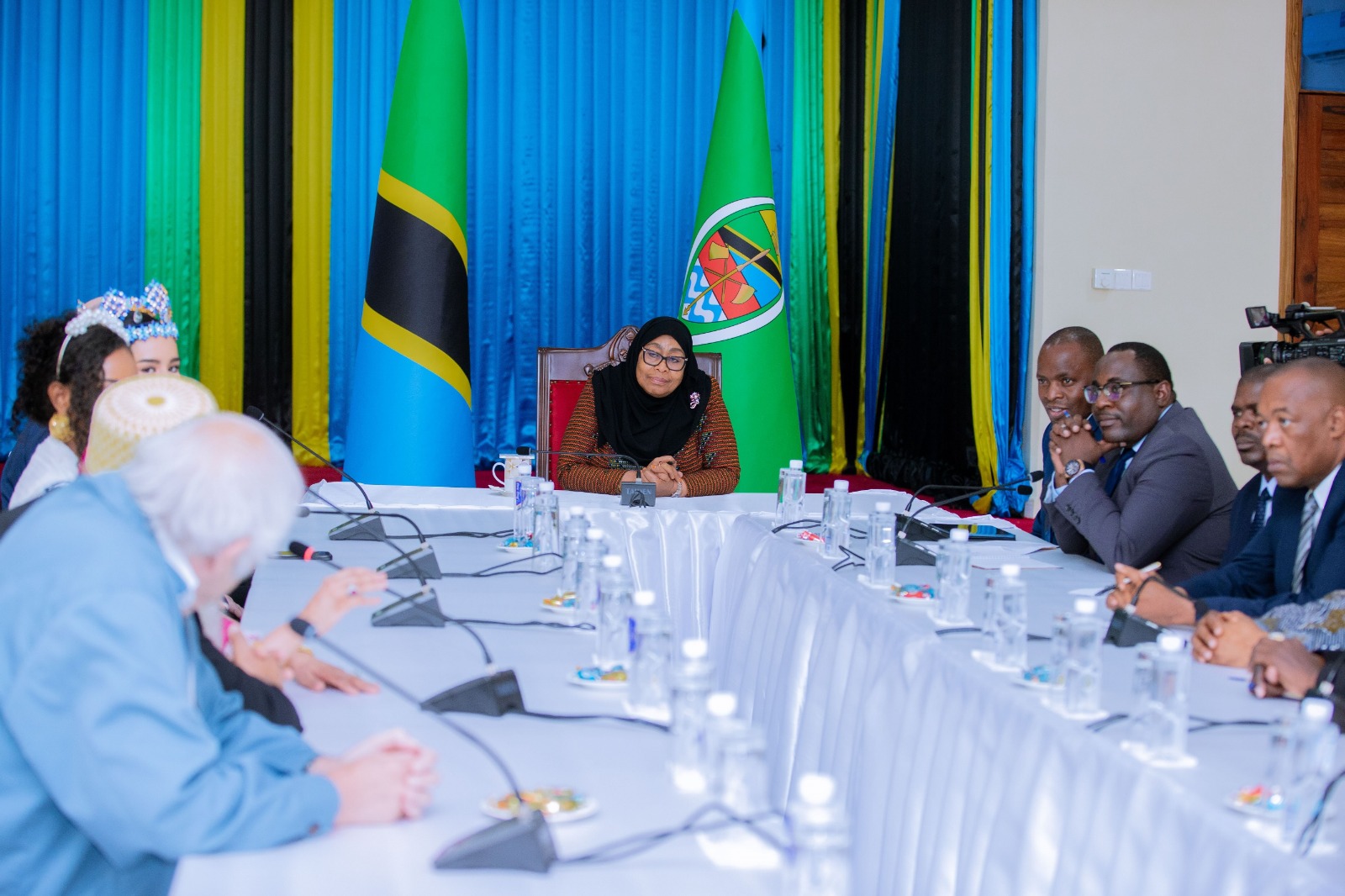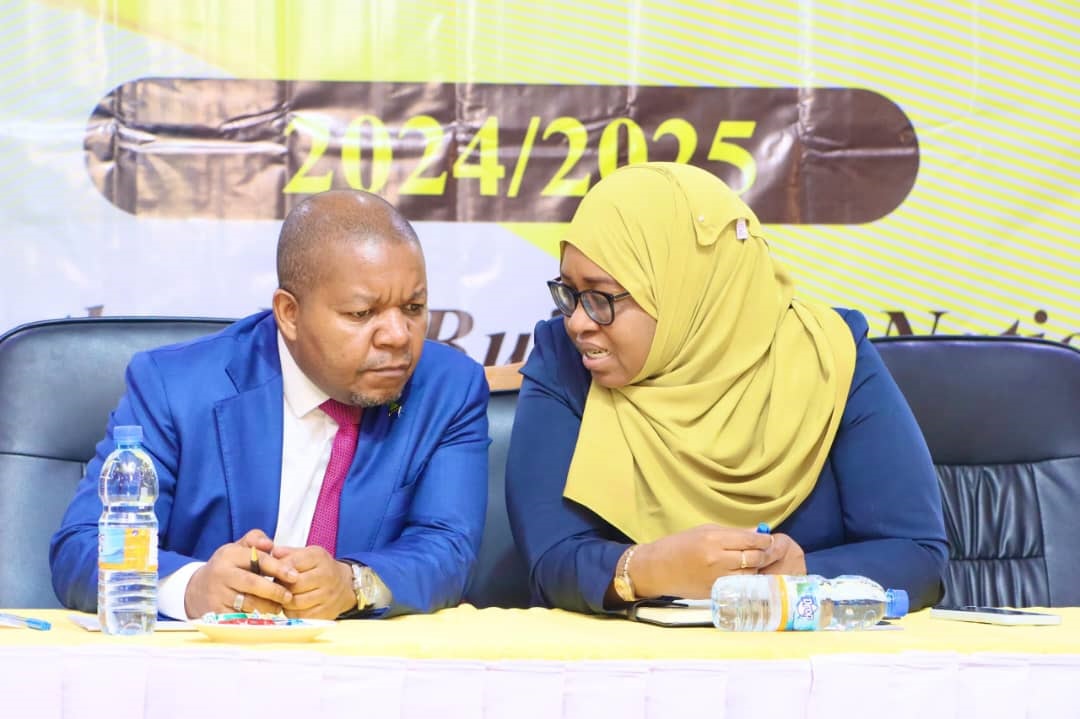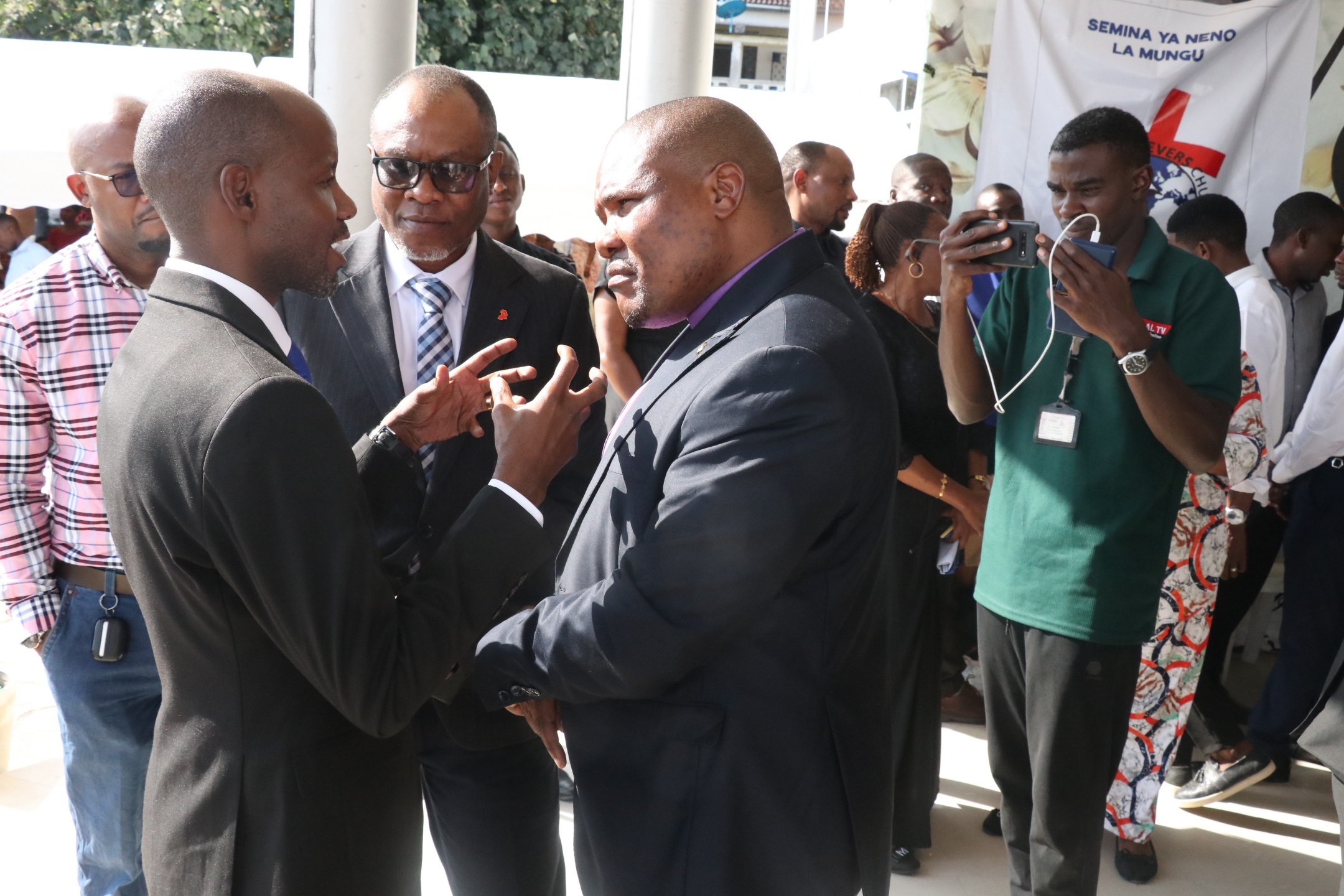Geita leading mining regions in phasing out use of mercury
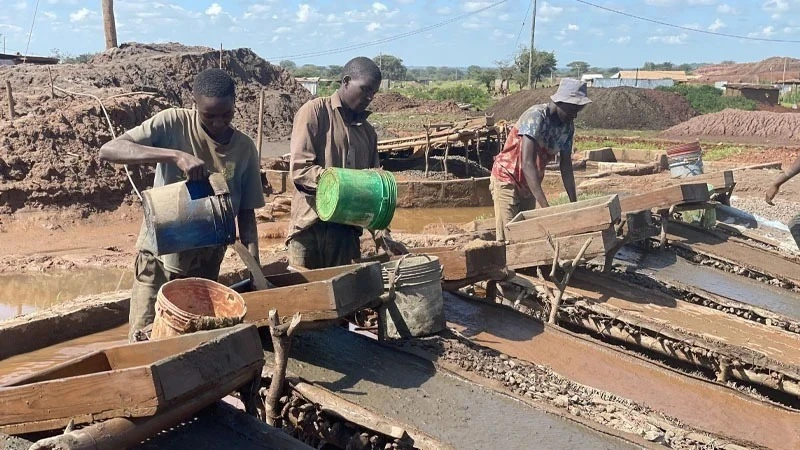
GEITA Region is setting the pace in the country’s efforts to reduce mercury use in small-scale gold mining.
Martin Shigela, the regional commissioner, made this affirmation at a press briefing here yesterday, profiling achievements in development projects in the region during the past four years.
He pointed at an increase in the number of modern, mercury-free processing plants from just 10 in 2021 to 23 expected by the end of this year, as part of a broader national strategy to safeguard public health and the environment from mercury-related harm.
Gold has for long been processed using rudimentary tools and mercury near riverbanks thus causing environmental damage and acute health risks, he stated, highlighting that as the country region has signed conventions to phase out the use of mercury, carrying out the transition is a priority area.
As mercury dangers to users and the wider ecosystem is well known, the third five year plan sketched out reducing mercury use in artisanal and small-scale gold mining by 30 percent by 2025, along with raising awareness among miners on its toxic compounds, he stated.
Current estimates indicate that more than 1.2m people are engaged in small-scale mining countrywide, using 18 to 25 tonnes of mercury annually, he said, hailing the increase in modern processing plants.
This shift is a direct outcome of government policy and investments, he stated, asserting that the shift to safer technologies will have long-term benefits for miners, their communities and the environment.
Another achievement is exponential growth in the formalisation of mining entities in the region, with small-scale mining licenses increasing from 903 in 2021 to 9,774 in 2025, rising tenfold, he said.
Production rose steadily from 18.21 tonnes of minerals in 2021 to 27.43 tonnes in 2025, while foreign exchange earnings from such exports have grown from $72.8m to $ 92.2m in the past year, he said.
“These figures show that formalisation not only improves safety and environmental standards but also significantly boosts gross incomes,” he said.
Beyond the mining sector, Geita Region is also recording improvements in access to clean and safe water. Urban coverage has increased from 65 percent in 2021 to 75 percent in 2025, while rural water access improved from 61 percent to 65 percent.
Daily water production in Geita Municipality has expanded from 5.2 million litres to 6.8 million litres, and the number of villages with access to clean water services has more than doubled—from 204 in 2021 to 420 in 2025.
The region has witnessed a surge in industrial development, with factories increasing from 824 in 2021 to 1,542 in 2025, a growth rate in formal industrial employment, from 927 jobs in 2021 to 15,161 by 2025, he further noted.
“We are not only protecting our environment but also creating jobs, increasing production and transforming the region’s economy,” he added.
Top Headlines
© 2025 IPPMEDIA.COM. ALL RIGHTS RESERVED








